Diversity, Equity, and Inclusion in the Legal Profession
The Barrister
DECEMBER 3, 2024
1 Led by co-directors representing faculty, the admissions office, and academic affairs, the Center will serve to help recruit, retain, and support students from all backgrounds who have overcome obstacles on their journey into the legal profession, including barriers related to identity-based discrimination. 2 In the 2023 case, SFFA v.




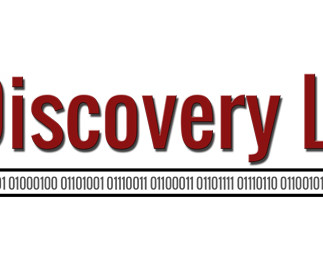
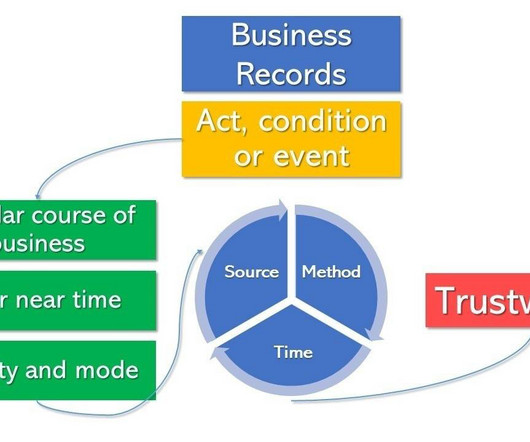
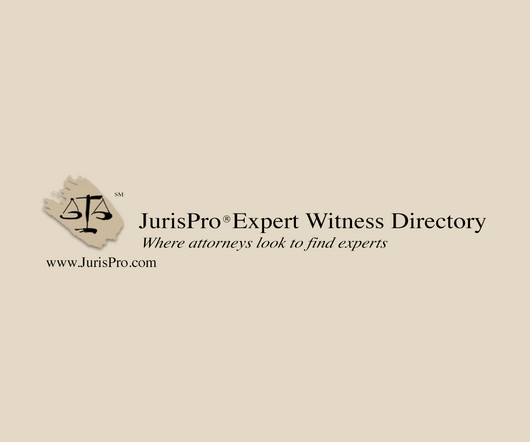



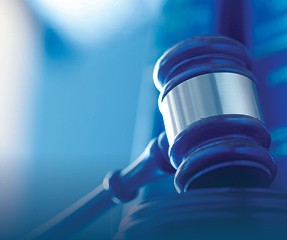
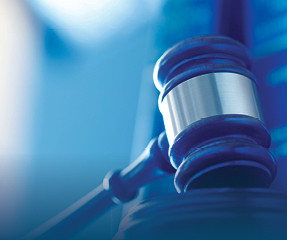

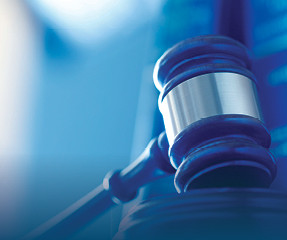


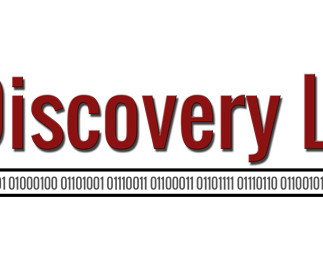

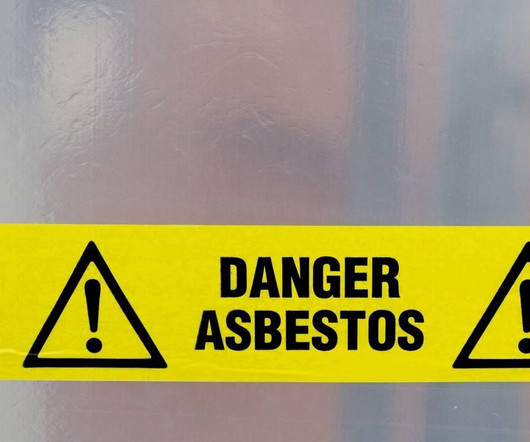
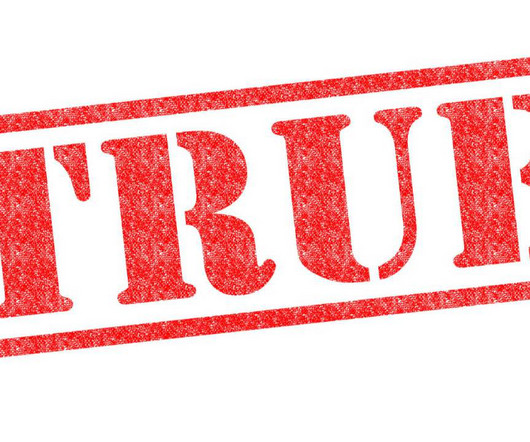


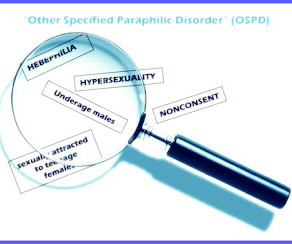
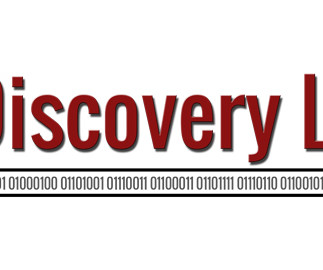






Let's personalize your content